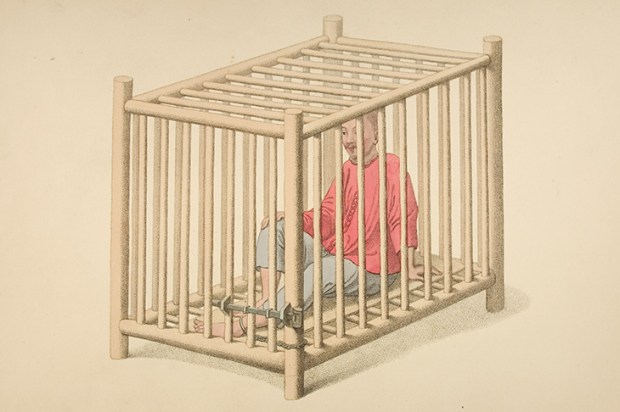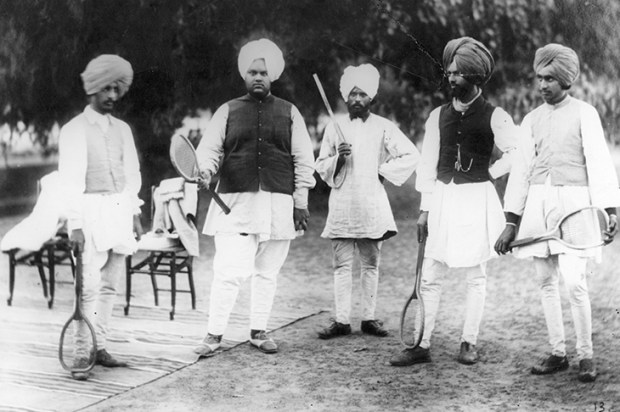Speccie reader Joseph has written to ask: What is ‘identity politics’? First, the history. The term ‘identity politics’ is recorded from 1973. In that year a book was published called 1984 Revisited, Prospects for American Politics. It was edited by Robert Paul Wolff, and contained an essay by Todd Gitlin which used the expression ‘identity politics’ for the first time in print. (Todd Gitlin, 1943-2022, was a sociologist and a left-wing political activist.)
Here is the shortest definition I can think of for this puzzling expression: ‘identity politics’ means ‘political activity on behalf of an identified group’. It embodies the notion that what matters is group identity. Identity politics says that group identity matters (a) more than the wider community, and (b) more than the individual.
Shortly after the term was first coined we find it being used (in 1977) for political activity on behalf of feminists; then in 1979 for political activity on behalf of the disabled and former mental patients; in 1989 for political activity on behalf of black feminists, and so on. That is ‘identity politics’– political activity on behalf of a group.
The referendum on the Voice was about ‘identity politics’ – it was about political activity on behalf an identified group: in that case, indigenous Australians.
There are three problems with ‘identity politics.’ (1) It is mentally lazy. It lumps every member of an identified group together regardless of how much or how little they really have in common. For example, the Voice assumed that 800,000 indigenous Australians had (broadly) the same needs and required the same political ‘voice’. It ignored large (and clear) differences between successful professional indigenous Australians and those living in remote communities. ‘Identity politics’ makes the mentally lazy assumption that the political needs within all identity groups (women, gays, disabled, homeless, etc) are highly similar and ignores wide disparities within each group (and never looks at the evidence to see what is really the case). (2) It disparages the wider community – refusing to consider how action for one identified group might have an impact on others outside the group, and how different groups interact together to form that larger ‘patchwork quilt’ which is the whole community. (3) It disparages the individual by having no place to consider the differences between individuals within an identified group: different gifts and skills, different life experiences, different levels of energy and enterprise, different moral and ethical standards and behaviour.
Those three problems are clearly insurmountable – and that makes ‘identity politics’ nothing more than divisive tribalism.
Lucy asks for the origin of ‘to a tee’ (or should it be, she asks, ‘to a T’)? To start with, it should be the letter ‘T’ not a golf tee. The expression is recorded in English from 1693. And despite fanciful suggestions that it comes from the precision of a T-square the truth is that in this case ‘T’ is the initial letter of a word – the small word ‘tittle.’ This (along with its companion ‘jot’) was borrowed into English from Hebrew, where they name the smallest pen marks in the Hebrew language. In English ‘jot’ was often used for the dot on top of a lower-case ‘i’ and ‘tittle’ for the small line across the lower case ‘t’. ‘To a T’ means ‘to a tittle’ – in other words, to the smallest detail.
Stephen wants to know why one newspaper report said Peter Dutton had ‘nixed’ the suggestion of Australian troops going to Ukraine. Why nix, he asks? The word has bobbed around in English since the early to mid-1800s, and comes from the German nicht meaning ‘nought’ or ‘nothing’. It can (I am told by a German friend) also be used to mean ‘no’ or ‘not’. So, if you ‘nix’ something you’re saying ‘nothing doing!’
Got something to add? Join the discussion and comment below.
Contact Kel at ozwords.com.au
You might disagree with half of it, but you’ll enjoy reading all of it. Try your first month for free, then just $2 a week for the remainder of your first year.













